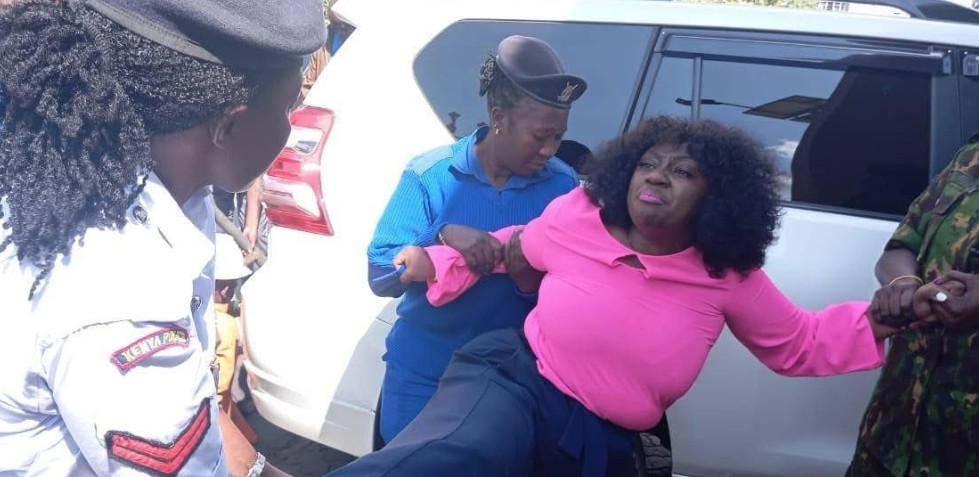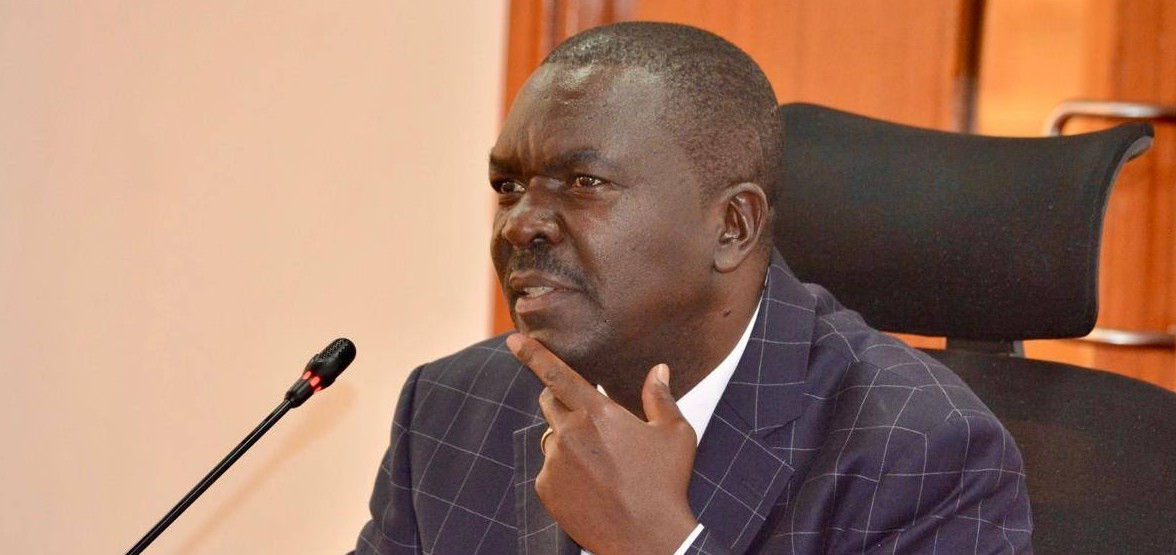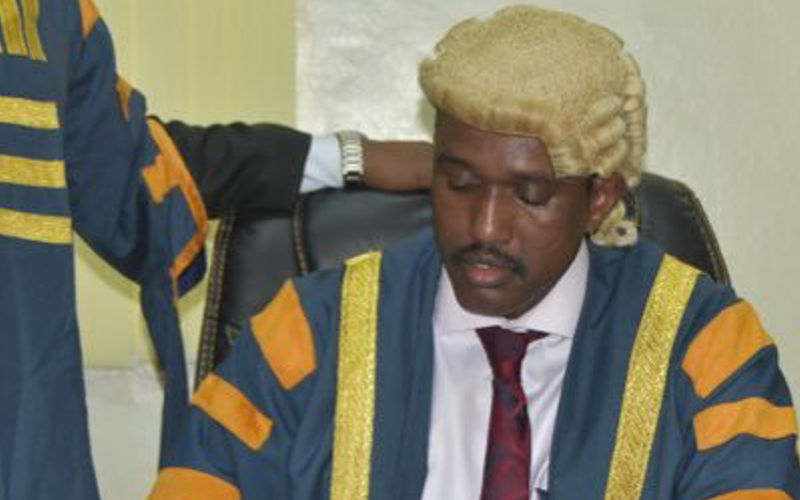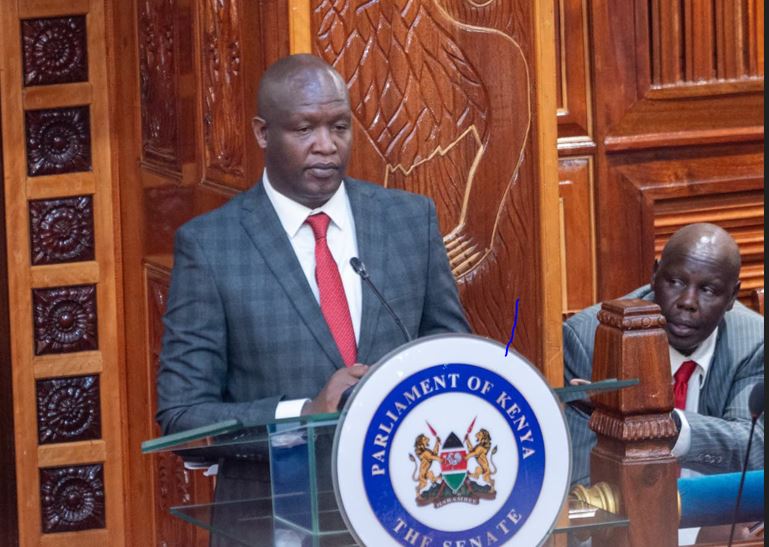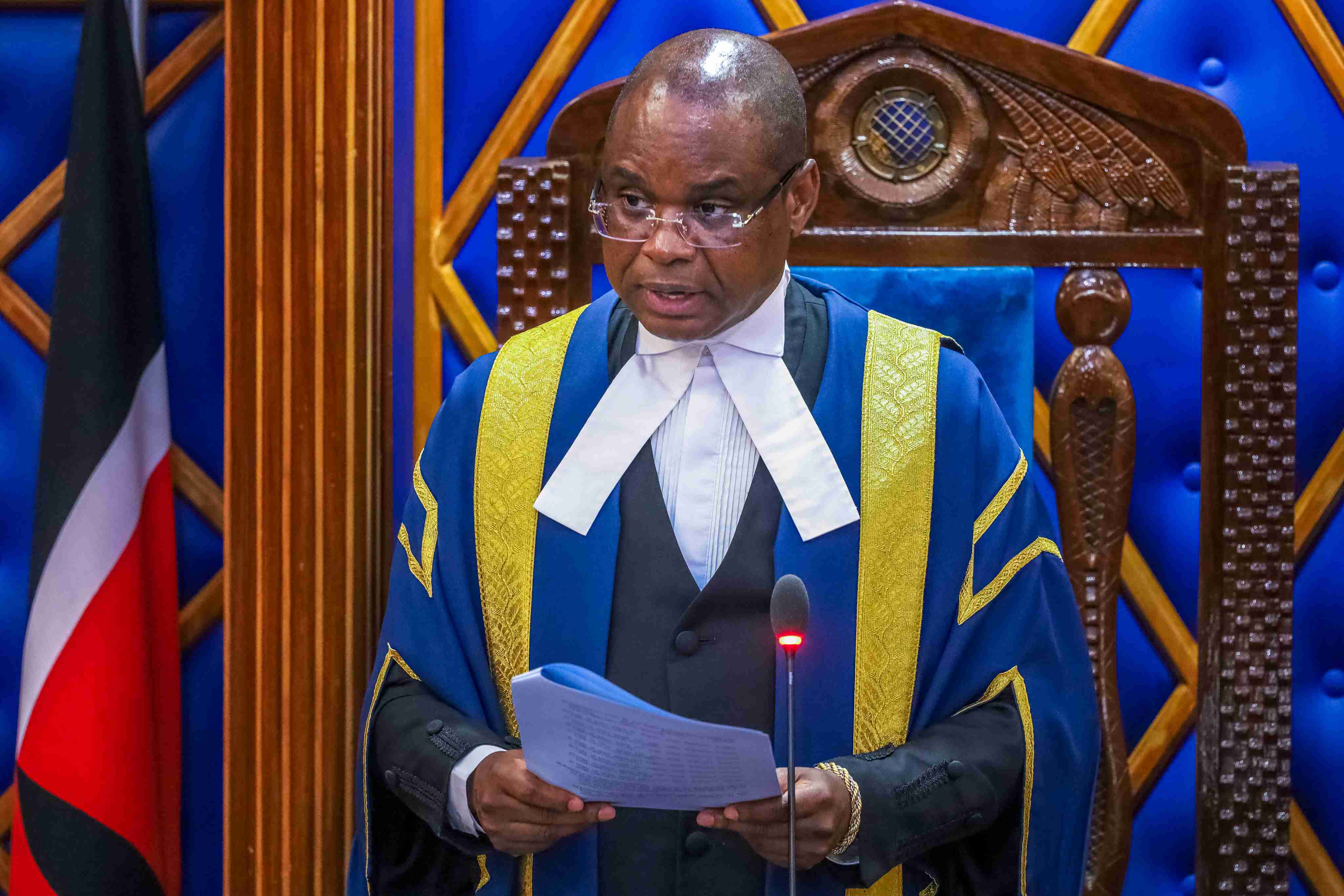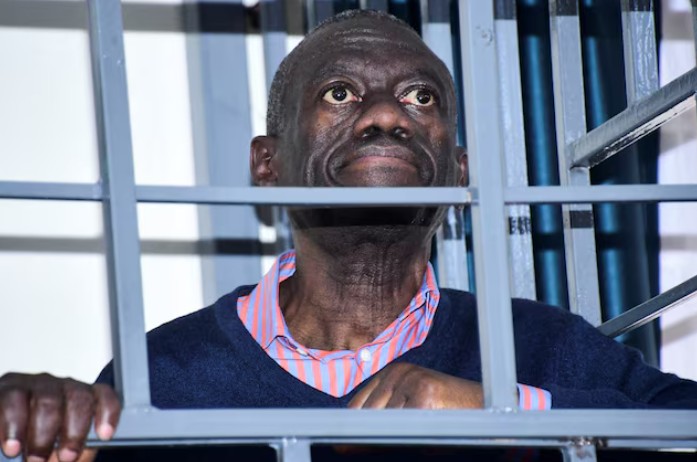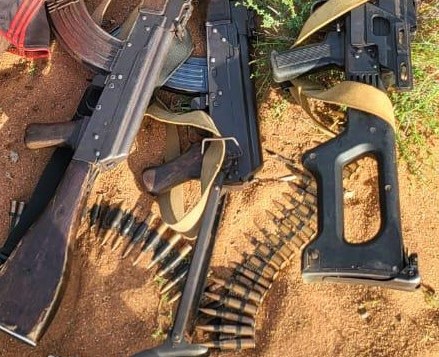Somalia President Hassan on a challenging diplomatic mission to Eritrea
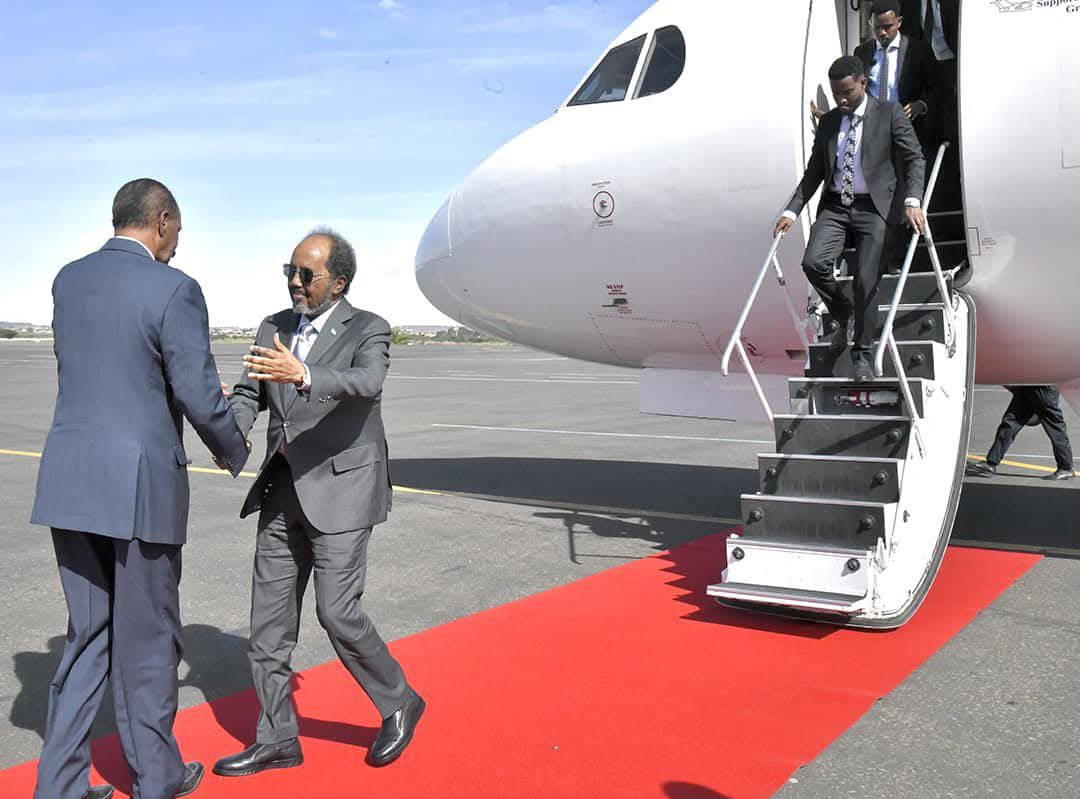
The Somali leader finds himself in a diplomatic quandary. Following Ethiopia's MoU with the breakaway region of Somaliland on January 1, 2024, which promised the landlocked nation access to the sea, Somalia launched a vigorous regional and international diplomatic campaign.
President Hassan Sheikh Mahamud arrived in Asmara on Wednesday for his first meeting with Eritrean President Isaias Afwerki since signing a Turkiye-brokered Memorandum of Understanding (MoU) with Ethiopia’s Prime Minister Abiy Ahmed on December 11.
The Somali leader finds himself in a diplomatic quandary. Following Ethiopia's MoU with the breakaway region of Somaliland on January 1, 2024, which promised the landlocked nation access to the sea, Somalia launched a vigorous regional and international diplomatic campaign.
More To Read
- Somalia’s government, opposition unite to fast-track elections, constitutional reform
- Somali opposition faction strikes electoral deal with President Hassan
- What should Trump’s policy towards Somalia be?
- 23 Somali nationals killed after two boats capsized off Italian coast
- US offers Sh1.3 billion reward for information on ISIS-Somalia financial networks
- Diphtheria cases surge in Somalia amid sharp US aid cuts
This effort garnered support for Mogadishu, reaffirmed its sovereignty and territorial integrity, and simultaneously criticised Ethiopia. Among the nations that strongly backed Somalia were Egypt and Eritrea, leading to a defence agreement that appeared to isolate Ethiopia. Egypt expedited arms shipments to Somalia, while Eritrea trained thousands of Somali soldiers to bolster Mogadishu's position.
Hassan had vowed to sever ties with Ethiopia until Abiy apologised to Somalia and rescinded his controversial MoU with Somaliland. However, everything changed when Turkiye facilitated a reconciliation meeting between Hassan and Abiy in Ankara on December 11. Turkish President Recep Tayyip Erdoğan surprised many by convincing the two leaders to set aside their differences and sign what is known as the Ankara Declaration.
This declaration has sparked conflicting interpretations regarding whether Ethiopia was indeed revoking its MoU with Somaliland and whether it would now be permitted to contribute troops to the newly established African Union Support and Stabilisation Mission in Somalia (AUSSOM), the AU’s latest peacekeeping operation.
This situation has placed Hassan in a precarious position concerning his Egyptian and Eritrean allies, who are staunch opponents of Abiy. Since then, Somalia has struggled to clarify its stance with its traditional allies.
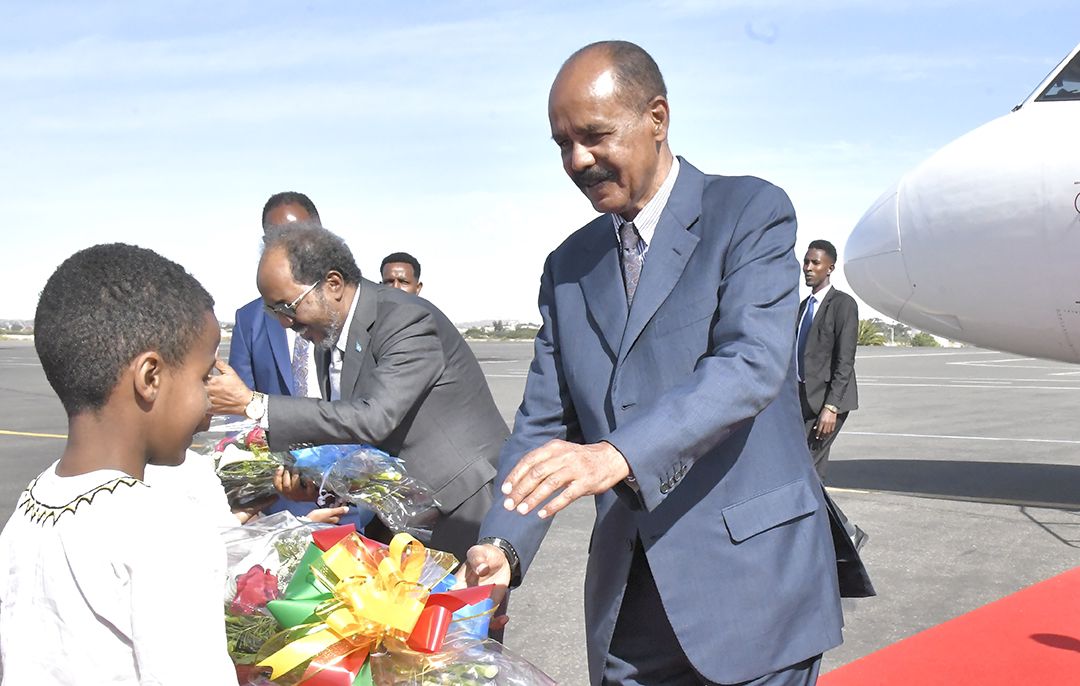 President Hassan Sheikh Mahamud arriving in Asmara on Wednesday for his first meeting with Eritrean President Isaias Afwerki. (Handout)
President Hassan Sheikh Mahamud arriving in Asmara on Wednesday for his first meeting with Eritrean President Isaias Afwerki. (Handout)
On December 23, Mogadishu scrambled to send emissaries to Cairo and Addis Ababa. Somali Foreign and International Cooperation Minister Ahmed Moalim Fiqi visited Cairo, where he and his Egyptian counterpart, Badr Abdelatty, announced Egypt's commitment to deploying troops to the AU-Somalia peacekeeping mission. In Cairo, Ahmed disclosed that under the Ankara Declaration, Somalia would provide a port to grant Ethiopia access to the sea.
Simultaneously, President Hassan dispatched his confidant, State Minister for Foreign Affairs Ali Mohamed Omar, to Addis Ababa to meet with Ethiopia's State Minister for Foreign Affairs, Ambassador Misganu Arga. This marked the first high-level Somali official visit to Ethiopia in nearly a year, aimed at discussing and advancing the Ankara Declaration.
Also in Addis Ababa was the Director of NISA, Abdullahi Mohamed Ali who met with Ethiopia’s Intelligence Chief, Redwan Hussein. The Ministers confirmed that Ethiopian troops will be deployed to the new AU-Somalia peacekeeping mission.
The latest phase of this diplomatic initiative culminated today in President Hassan's visit to Asmara for discussions with President Isaias. This meeting occurs amid a backdrop of significant security challenges for Hassan, who is navigating setbacks in the fight against Al-Shabaab and escalating tensions with the Jubaland regional government.
Recently, Somali National Army (SNA) troops, deployed unilaterally in Jubaland, suffered substantial defeats in clashes with Jubaland forces in border towns such as Ras Kamboni, Dolow, and Kulibiyow from December 11 to 23. Over 1,000 SNA soldiers fled to Kenya, surrendering to the Kenya Defence Forces (KDF).
Top Stories Today
